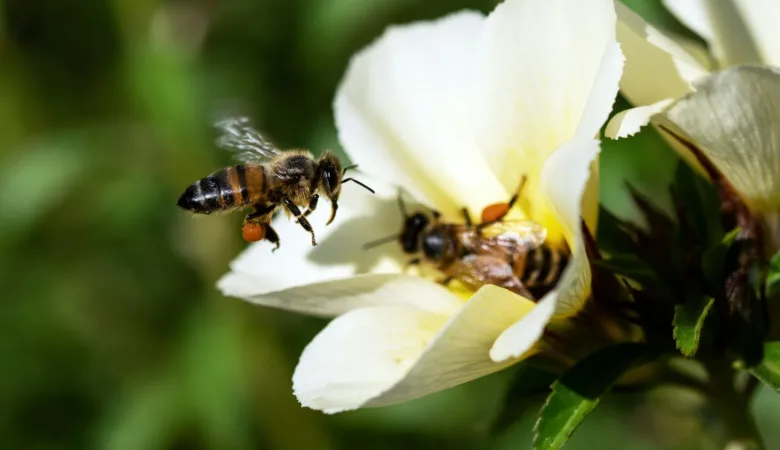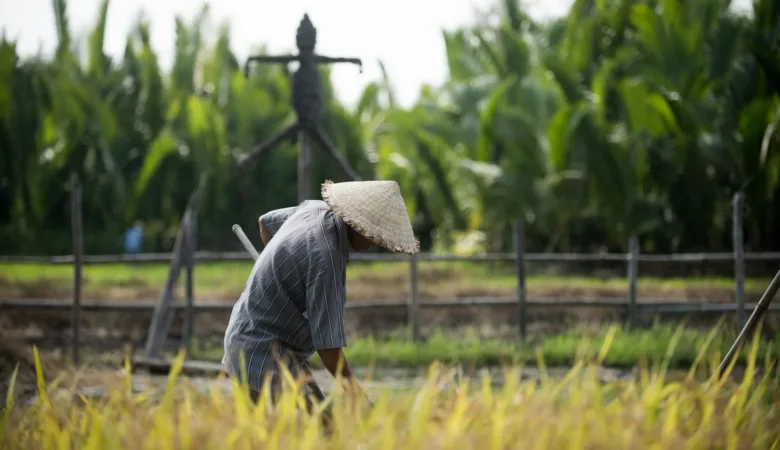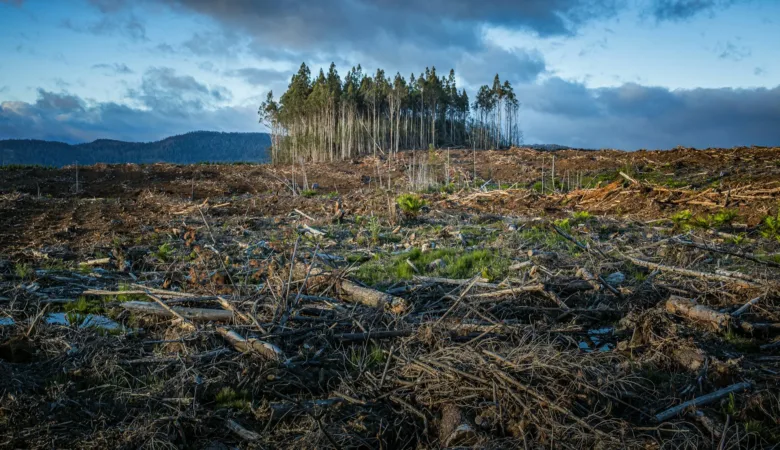Bamboo, a versatile and sustainable resource, has gained recognition for its remarkable benefits in combating climate change. As the world grapples with the effects of global warming and environmental degradation, bamboo emerges as a powerful ally in the fight against these pressing issues.
1. Rapid Carbon Sequestration
Bamboo stands out for its ability to absorb large amounts of carbon dioxide, a major greenhouse gas responsible for climate change. Due to its rapid growth rate, bamboo is highly efficient in sequestering carbon from the atmosphere. In fact, bamboo can absorb up to four times more carbon dioxide compared to other trees.
By planting bamboo forests, we can significantly reduce the levels of carbon dioxide in the atmosphere, thereby mitigating the negative impacts of climate change. This makes bamboo an excellent tool for carbon offsetting and achieving carbon neutrality.
2. Soil Restoration and Erosion Prevention
Bamboo’s extensive root system plays a crucial role in soil restoration and erosion prevention. The intricate network of roots helps bind the soil together, preventing erosion and landslides. This is particularly important in areas prone to heavy rainfall and steep slopes.
Furthermore, bamboo has the ability to regenerate degraded soil. Its fallen leaves and stems decompose quickly, enriching the soil with organic matter and essential nutrients. By planting bamboo, we can restore damaged ecosystems and improve soil quality, ultimately contributing to climate resilience.
3. Renewable Resource and Sustainable Agriculture
Bamboo is a highly renewable resource that can be harvested sustainably. Unlike traditional timber, which takes decades to mature, bamboo reaches maturity within three to five years. This rapid growth allows for frequent harvesting without depleting the resource.
Moreover, bamboo does not require replanting after harvest. The rhizome system allows new shoots to emerge from the same root system, ensuring a continuous supply of bamboo. This sustainable agricultural practice reduces the strain on natural forests and promotes biodiversity conservation.
4. Energy Efficiency and Low Environmental Impact
Bamboo products are known for their energy efficiency and low environmental impact. Bamboo has a high strength-to-weight ratio, making it an ideal material for construction and furniture. Its natural durability and flexibility reduce the need for chemical treatments and maintenance.
Additionally, bamboo requires minimal water and fertilizer compared to other crops. It can thrive in diverse climates and soil conditions, making it a resilient and adaptable plant. By utilizing bamboo in various industries, we can reduce energy consumption, minimize waste, and lower our carbon footprint.
5. Biodiversity and Habitat Restoration
Bamboo forests provide a valuable habitat for numerous species, including endangered ones. The dense vegetation of bamboo forests offers shelter, food, and nesting sites for a wide range of animals and birds. By preserving and expanding bamboo forests, we can protect biodiversity and restore vital habitats.
Furthermore, bamboo can be intercropped with other plants, creating a diverse agroforestry system. This promotes ecological balance and enhances ecosystem services, such as pollination and pest control.
Conclusion
Bamboo’s remarkable benefits in fighting climate change cannot be overstated. Its ability to sequester carbon, restore soil, provide a renewable resource, and support biodiversity make it an invaluable ally in our efforts to combat the effects of global warming. By embracing bamboo as a sustainable alternative, we can make significant strides in addressing climate change and creating a more resilient and sustainable future.














Leave a Reply